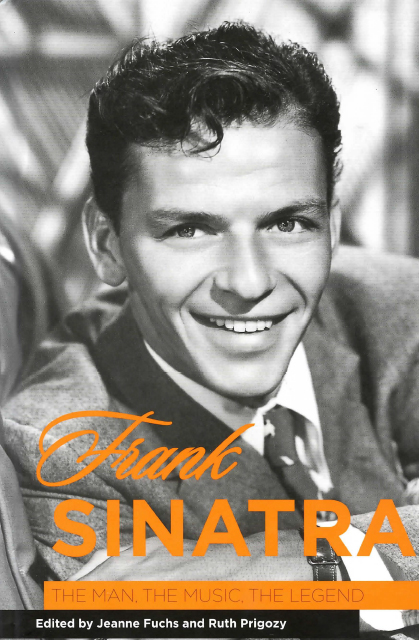3 - Hanging on a String of Dreams: Delirium and Discontent in Sinatra's Love Songs
Published online by Cambridge University Press: 10 March 2023
Summary
Sinatra played many roles in his lifetime. As a performing artist, he could be the roustabout, the joker in black tie, the ingratiating host, the leader of the Rat Pack, the roué, the scamp, and the aging lion in early autumn, but here, in this chapter, we’ll focus on his most enduring persona: the knight of the woeful countenance who grieves over past promises and lost possibilities. This is the dominating theme of his best work, captured on disk in the mid-fifties. In his middle years, the prince of Hoboken became the herald of alienation and loss.
Always at his best when he explores the forbidden zones of desire, he delves into the contradictions at the heart of the human condition. It has been said that he “searched unflaggingly for the perfect love,” and when he did not find it, he explored “the bowels of abandon and heartbreak with equally unflagging diligence.”
Love's Poisoned Apple
While baby boomers were bopping to the beat of electrified guitars, Sinatra educated the rest of us concerning the vagaries of courtship and sexual union: the good, the bad, the hurt of it. In our cluttered, private sanctuaries, we dated and we mated. We danced and romanced to his songs. Even as we clung to each other with other couples weaving over a dance floor, Sinatra was our muse. He “lit the corners of dark rooms for those who had to keep searching.”
The first song we will examine is by Harold Arlen and Yip Harburg and bears the fetching title, “Last Night When We Were Young.” It was recorded by Sinatra and Nelson Riddle on March 4, 1954. It is from Sinatra's first major album on the Capitol label, In the Wee Small Hours. All sixteen songs are meditations on sexual longing, tormented dreamscapes, and disillusion. Harburg's sixteen-line lyric is a masterpiece of compression. While the central event here is a brief sexual encounter alluded to rather than recounted, a sense of desolation permeates each line. Shattered love is merely the catalyst. It is a brilliant exercise on some of life's most perplexing mysteries: time, desire, and the futility of memory.
- Type
- Chapter
- Information
- Frank SinatraThe Man, the Music, the Legend, pp. 21 - 30Publisher: Boydell & BrewerPrint publication year: 2007
- 1
- Cited by



